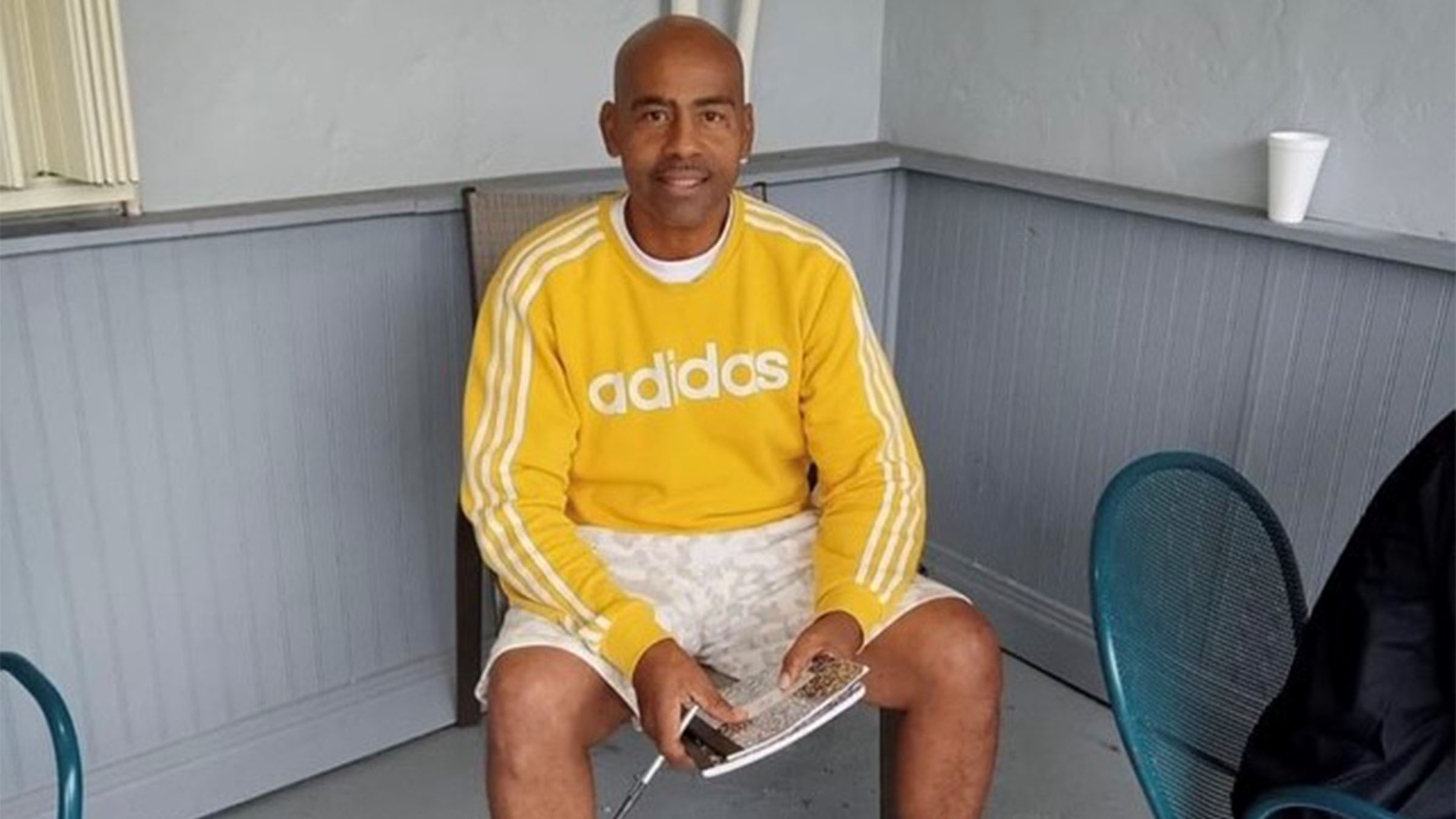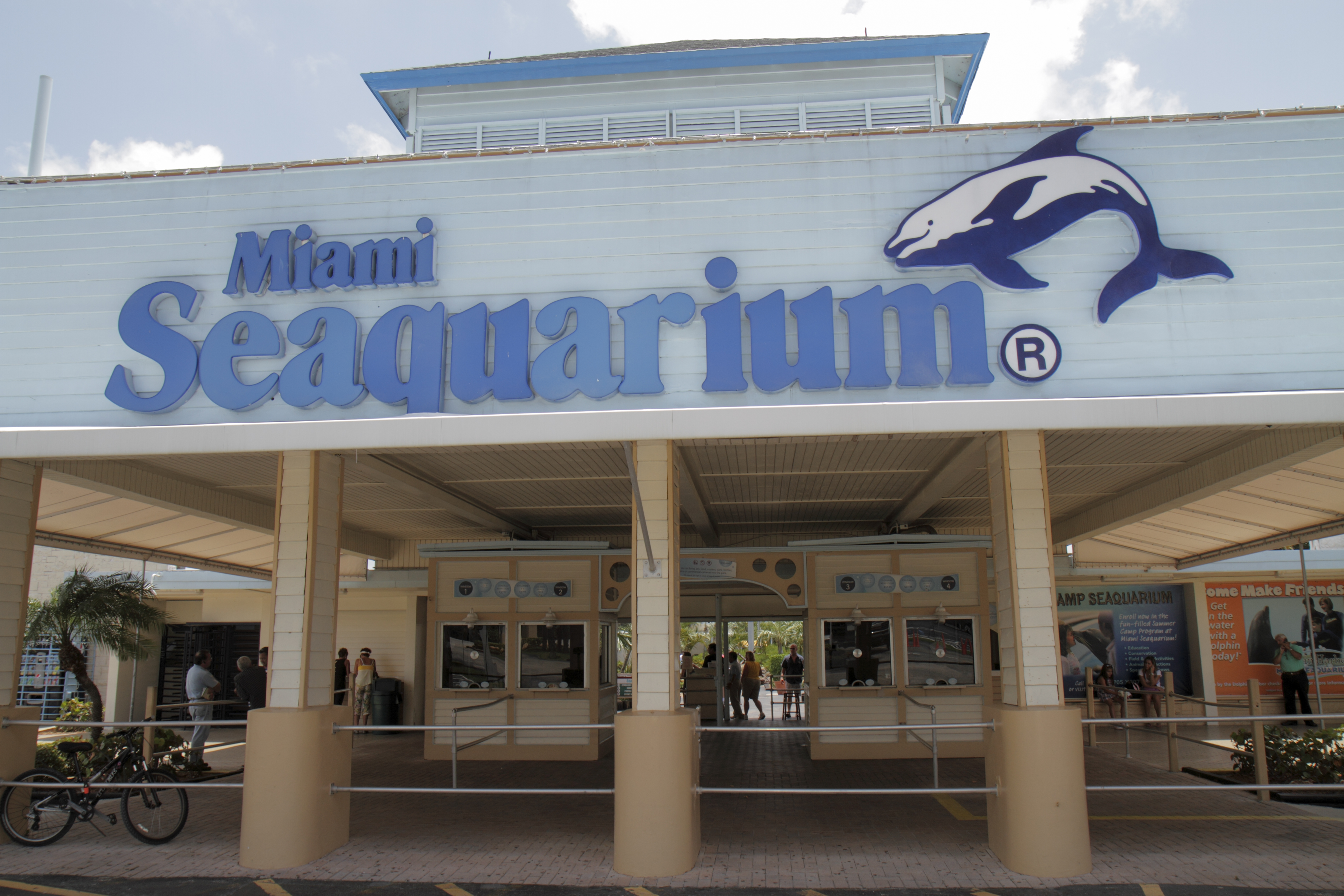Coronavirus cases, hospitalizations, and deaths are decreasing across Florida as the deadliest wave of the virus leaves the state. Hospitals are now taking this time to stock up for what they believe will come next.
New data shows which hospitals in South Florida were hit with coronavirus patients the hardest and longest.
NBC News used data from the Federal Department of Health and Human Services to locate which hospitals across the country were at or above capacity for the most weeks in a row.
In South Florida, four of the hardest hit hospitals were community-focused facilities within Baptist Health South Florida and Memorial Healthcare System: Mariners Hospital, West Kendall Baptist, Memorial West, and Memorial Hospital Miramar.
Get South Florida local news, weather forecasts and entertainment stories to your inbox. Sign up for NBC South Florida newsletters.
Spokespeople for the hospitals told NBC 6 that while at capacity, they were able to shift patients around to other hospitals in their large systems.
One reason why the summer of 2021 was harder for hospitals was the fact they were also dealing with their normal emergency room patients.
Local
Hospitals needed to get creative in separating contagious - many times unvaccinated - COVID patients from patients with heart attacks, strokes, or other injuries.
“At the beginning there were so many unknowns,” said Dr. Zulma Berrios, chief medical officer at West Kendall Baptist Hospital.
"The biggest challenge by far was having enough staff to look after that amount of patients," said Dr. Ari Sareli, chief of critical care for Memorial Healthcare System.
Back in July, Dr. Sareli warned a wave of unvaccinated patients was on the way.
“The number continues to grow everyday,” Sareli said in July.
Time proved him right. NBC 6 spoke to him this past week.
"To see that amount of suffering, how many people died when it could have been prevented?" said Sareli, "It’s not statistics, we get to see people."
One of the hospitals Sareli oversees is the 32-bed ICU at Memorial Hospital West in Pembroke Pines. According to the federal data, that hospital was at or over capacity for 52 weeks in a row - a full year - the longest time at capacity for any facility in South Florida.
In a seven-week period between August and September, all the ICU beds across the Memorial Healthcare System were at or above their original maximum capacity, according to Sareli. They had to bring in additional ventilators purchased through the state of Florida and the American Hospital Association.
Mariners Hospital, part of Baptist Health, in the Florida Keys town of Tavernier, was at capacity for 42 straight weeks. The ICU there has 8-beds.
The 18-bed ICU at Memorial Hospital in Miramar was at capacity for 41 weeks.
The 12-bed ICU at West Kendall Baptist Hospital was at capacity for 28 weeks in a row.
Dr. Berrios is the chief medical officer at West Kendall.
"I couldn’t be prouder of all that workforce behind these doors," said Dr. Berrios.
The struggles changed over the years from supply shortages to staff shortages, according to Dr. Berrios.
Construction crews in Kendall are currently expanding the hospital. COVID reinforced the need for more capacity in a growing part of Miami-Dade County.
"COVID is there but all the other things are still happening. Patients were still coming in for their heart attacks and their strokes and their belly pains," said Dr. Berrios.
Dr. Berrios said now, during a lull in cases, is the time for people to come in and get procedures and screenings they’ve been putting off. Health experts continue to ask people to stay cautious: wear a mask, social distance, and get one of the three available vaccines just in case the winter has another wave of COVID-19.
According to the CDC, the peak of the virus in Florida was August through September 2021. More than 3.6 million cases of the virus have been reported. More than 58,000 Floridians have died from complications from the virus. Almost 60% of the state is fully vaccinated.
While COVID cases are at a low point in South Florida, healthcare professionals worry about what comes next.
"We need to be prepared,” said Dr. Berrios.
"I think it is a mistake to bet that this epidemic is just going to go away," said Dr. Sareli.



